Filter by

A Descriptive Catalogue of the Manuscripts in the Library of Corpus Christi C…
M. R. James (1862–1936) is probably best remembered as a writer of chilling ghost stories, but he was an outstanding scholar of medieval literature and palaeography, who served both as Provost of King's College, Cambridge, and as Director of the Fitzwilliam Museum, and many of his stories reflect his academic background. His detailed descriptive catalogues of manuscripts owned by colleges, ca…
- Edition
- -
- ISBN/ISSN
- 9780511703560
- Collation
- -
- Series Title
- Cambridge Library Collection - History of Printing, Publishing and Libraries
- Call Number
- -
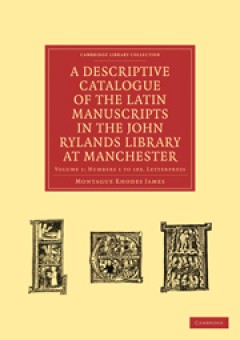
A Descriptive Catalogue of the Latin Manuscripts in the John Rylands Library …
M. R. James (1862–1936), best known as a writer of chilling ghost stories, was an outstanding scholar of medieval literature and palaeography, who served both as Provost of King's College, Cambridge, and as Director of the Fitzwilliam Museum. His detailed descriptive catalogues of manuscripts owned by colleges, cathedrals and museums are still of value to scholars today. This two-volume catal…
- Edition
- -
- ISBN/ISSN
- 9780511919930
- Collation
- -
- Series Title
- Cambridge Library Collection - History of Printing, Publishing and Libraries
- Call Number
- -
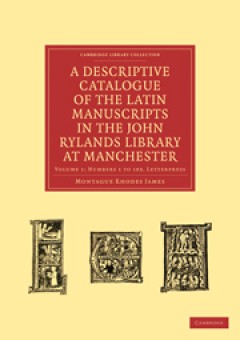
A Descriptive Catalogue of the Latin Manuscripts in the John Rylands Library …
M. R. James (1862–1936), best known as a writer of chilling ghost stories, was an outstanding scholar of medieval literature and palaeography, who served both as Provost of King's College, Cambridge, and as Director of the Fitzwilliam Museum. His detailed descriptive catalogues of manuscripts owned by colleges, cathedrals and museums are still of value to scholars today. This two-volume catal…
- Edition
- -
- ISBN/ISSN
- 9780511919923
- Collation
- -
- Series Title
- Cambridge Library Collection - History of Printing, Publishing and Libraries
- Call Number
- -
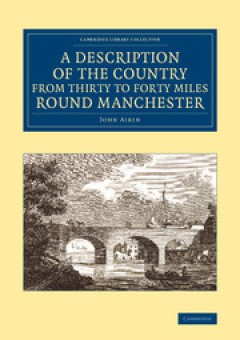
A Description of the Country from Thirty to Forty Miles round Manchester
The late eighteenth century saw Manchester and its surrounding areas undergo significant change as industrialisation fuelled urbanisation and population growth. In this classic 1795 account, the physician and prolific writer John Aikin (1747–1822) gathers together information on the settlements at the heart of manufacturing and trade in north-west England, covering the vital network of waterw…
- Edition
- -
- ISBN/ISSN
- 9781107706101
- Collation
- -
- Series Title
- Cambridge Library Collection - British & Irish History, 17th & 18th Centuries
- Call Number
- -

Tis Nature's Fault: Unauthorized Sexuality during the Enlightenment
The essays in this 1988 volume address sexual phenomena in eighteenth-century Europe that were for one reason or another outside the legal or sanctified systems of acceptability: most notably, unwed heterosexual domesticity, masturbation, prostitution, libertinism, homosexuality, and pornography. The contributors, drawn from England, France, Italy, Holland, and the United States, illustrate the…
- Edition
- -
- ISBN/ISSN
- 9780511629488
- Collation
- -
- Series Title
- -
- Call Number
- -
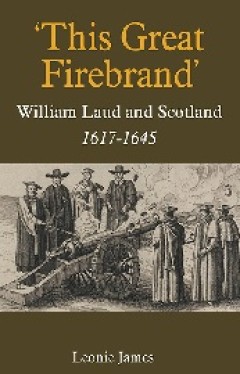
This Great Firebrand': William Laud and Scotland, 1617-1645
William Laud, Archbishop of Canterbury (1633-45), remains one of the most controversial figures in British ecclesiastical and political history. His rise to prominence under Charles I, his contribution to the shaping and implementation of contentious religious policies and his subsequent and catastrophic downfall are fundamental to our understanding of the religious and political developments w…
- Edition
- -
- ISBN/ISSN
- 9781787440326
- Collation
- -
- Series Title
- -
- Call Number
- -
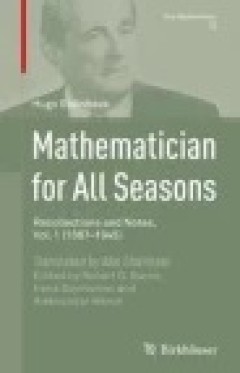
Mathematician for All Seasons: Recollections and Notes Vol. 1 (1887-1945)
This book presents, in his own words, the life of Hugo Steinhaus (1887–1972), noted Polish mathematician of Jewish background, educator, and mathematical popularizer. A student of Hilbert, a pioneer of the foundations of probability and game theory, and a contributor to the development of functional analysis, he was one of those instrumental to the extraordinary flowering of Polish mathematic…
- Edition
- -
- ISBN/ISSN
- 978-3-319-21984-4
- Collation
- -
- Series Title
- -
- Call Number
- -
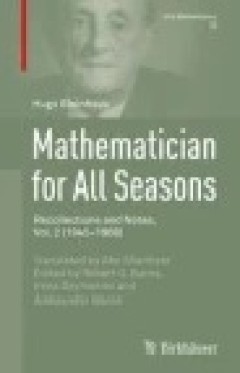
Mathematician for All Seasons: Recollections and Notes, Vol. 2 (1945–1968)
This book presents, in his own words, the life of Hugo Steinhaus (1887–1972), noted Polish mathematician of Jewish background, educator, and mathematical popularizer. A student of Hilbert, a pioneer of the foundations of probability and game theory, and a contributor to the development of functional analysis, he was one of those instrumental to the extraordinary flowering of Polish mathematic…
- Edition
- -
- ISBN/ISSN
- 978-3-319-23102-0
- Collation
- -
- Series Title
- -
- Call Number
- -
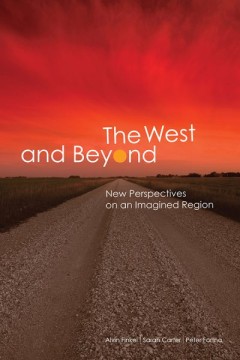
The West and Beyond New Perspectives on an Imagined Region
The West and Beyond explores the state of Western Canadian history, showcasing the research interests of a new generation of scholars while charting new directions for the future and stimulating further interrogation of our past. This dynamic collection encourages dialogue among generations of historians of the West, and among practitioners of diverse approaches to the past. It also reflects a …
- Edition
- Alvin Finkel, Sarah Carter, and Peter Fortna
- ISBN/ISSN
- 9781897425800.01
- Collation
- -
- Series Title
- The West Unbound: Social and Cultural Studies
- Call Number
- 461 pages
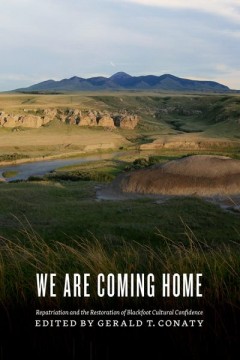
We Are Coming Home Repatriation and the Restoration of Blackfoot Cultural Co…
In 1990, Gerald Conaty was hired as senior curator of ethnology at the Glenbow Museum, with the particular mandate of improving the museum’s relationship with Aboriginal communities. That same year, the Glenbow had taken its first tentative steps toward repatriation by returning sacred objects to First Nations’ peoples. These efforts drew harsh criticism from members of the provincial gover…
- Edition
- Gerald T. Conaty
- ISBN/ISSN
- 9781771990172.01
- Collation
- -
- Series Title
- -
- Call Number
- -
 Computer Science, Information & General Works
Computer Science, Information & General Works  Philosophy & Psychology
Philosophy & Psychology  Religion
Religion  Social Sciences
Social Sciences  Language
Language  Pure Science
Pure Science  Applied Sciences
Applied Sciences  Art & Recreation
Art & Recreation  Literature
Literature  History & Geography
History & Geography